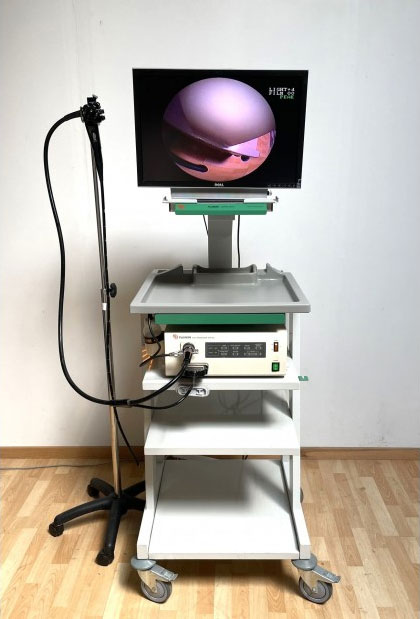A colonoscopy is a medical procedure that involves the examination of the colon (large intestine) and the rectum using a flexible, lighted tube with a camera on the end, called a colonoscope. This procedure is commonly performed by gastroenterologists to screen for and diagnose various conditions related to the colon and rectum.
Colonoscopy is an essential tool for the early detection and prevention of colorectal cancer, as it allows for the identification and removal of precancerous polyps. It is also used to diagnose and monitor conditions such as inflammatory bowel disease (IBD), diverticulosis, and gastrointestinal bleeding.
It's important to follow your doctor's instructions for preparation and discuss any concerns or questions you may have before the procedure. While a colonoscopy is generally safe, it may carry some risks, such as bleeding or perforation, but these complications are rare. The frequency of colonoscopies depends on individual risk factors and guidelines, with most people recommended to have a screening colonoscopy starting at age 45 or 50 and then at regular intervals thereafter. Your healthcare provider can provide guidance on the appropriate screening schedule for you.

